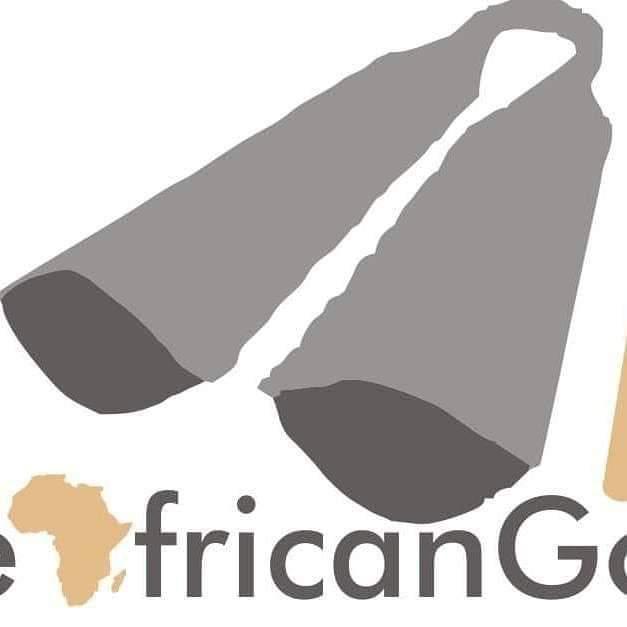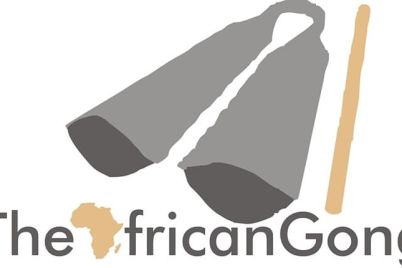
By Onyeka Ezike
Stakeholders in the Maritime Industry have linked the recurring incidents of boat mishaps in Nigeria to a lack of education, particularly in the Northern part of the Country, where culture has contributed to an increasing number of boat accidents, neglecting safety in the waterways.
Speaking during a panel discussion on Villa Square, a segment of Creative Nigerian on Mainland 98.3 FM, Lagos, maritime journalists highlighted how cultural beliefs and neglect of safety regulations have fueled fatal incidents of boat mishap on the waterways.
Tola Adenubi, one of the panelists, emphasized the strong cultural influence in riverine communities. “In Niger, I saw how culture shapes people’s disregard for safety. Many locals don’t trust government institutions and rely solely on traditional rulers. This makes them dismiss laws of the Nigerian Inland Waterways Authority (NIWA). Traditional leaders and town criers must therefore take the lead in sensitizing communities,” he said.
Another panelist, Joshua Yousouph, shared his encounters in Niger State, noting that many locals misuse life jackets. “In urban areas, people see life jackets as protective gear. But in rural communities, some treat them as pillows or farm tools. Others dismiss them as useless, believing they can swim since they grew up near water. When deaths occur, they attribute it to marine spirits,” Yousouph explained. He suggested practical demonstrations to reorient communities on the importance of life jackets.

He further explained, “Maybe the regulators should look at demonstrations, properly take them to the Lagoon, let someone without a life jacket jump in and see if he can swim, and the other person on a life jacket jump in and see if he can swim. Maybe with that practical, they might have a different reorientation.
Steve Agbota also recounted a striking incident where a community refused to deploy a rescue boat during an accident, citing spiritual beliefs that those who fell into the water were already “taken.” According to him, community leaders have since launched awareness campaigns promoting life jacket use, noting that survivors of the most recent accident were largely those wearing them.
He said, “The community leader took it upon himself to begin a campaign on life jackets, educating the locals on the importance of wearing a life jacket. Most people on life jackets were rescued in the last boat mishap, while those who weren’t were not rescued. The funniest thing is that they are carrying animals like cows and goat with human beings in the same boat,” he added.
Panelists further expressed concern about unsafe practices such as transporting livestock and humans together in overcrowded boats. Innocent Orok stressed that government interventions must be rooted in community engagement. “Culture is people’s way of life, but circumstances have changed. Climate change affects water levels, and education must adapt. Authorities must partner with locals to enforce safety rules,” he said.

The panel agreed that market days and nighttime operations remain high-risk periods for boat accidents. Yousouph urged authorities to deploy local marshals to enforce regulations and hold operators accountable.
Weighing in on the matter, Frank Meke, an influencial cultural tourism journalist and analyst on Cre8tive 9JA Radio, Mainland98.3FM, acknowledged that while resistance to change persists in many riverine communities, ongoing exposure to practical demonstrations and awareness campaigns is gradually shifting perceptions.
Despite these efforts, stakeholders warned that without consistent grassroots education and stricter enforcement, cultural practices will continue to undermine safety on Nigeria’s waterways.

